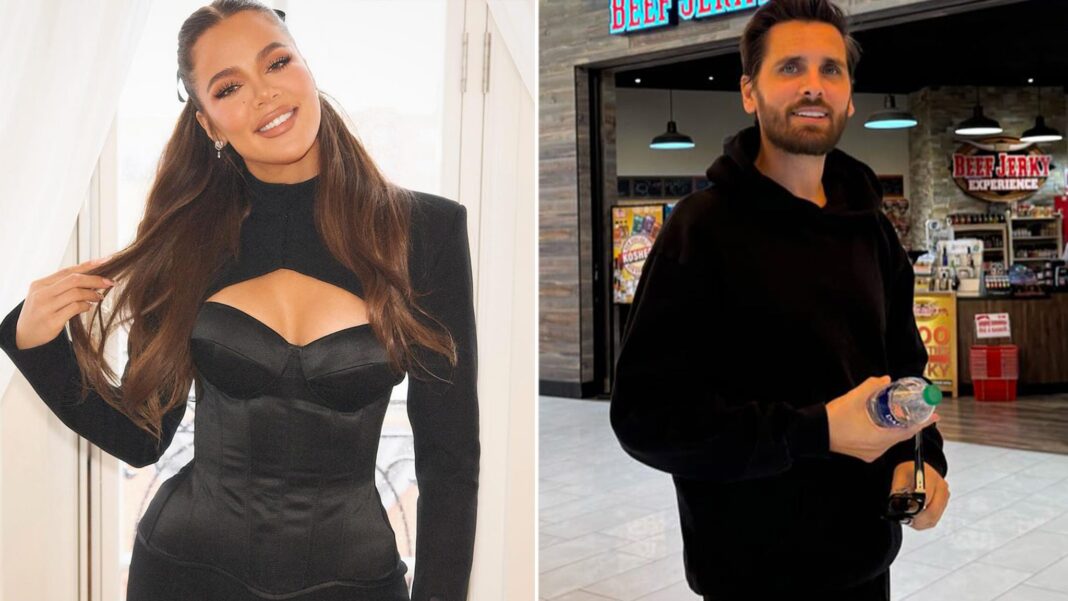The Good, the Bad, and the Very Bad: Khloe Kardashian and Scott Disick Revisit Their Most Regrettable Reality TV Moments
The world of reality TV has given us some of the most unforgettable moments in pop culture history, but for those who lived them, the experience can be a double-edged sword. For Khloe Kardashian and Scott Disick, former stars of the hit E! show “Keeping Up with the Kardashians,” the past decade has been a wild ride filled with ups and downs, makeups, and breakups. Now, in an exclusive chat with TooFab, the duo has opened up about the reality TV moments they can’t help but regret.
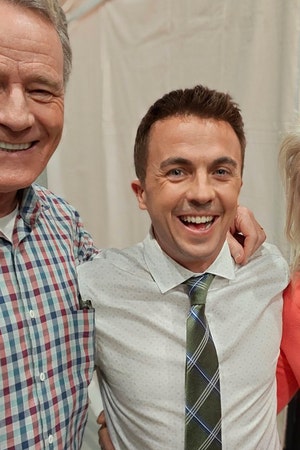
Redemption and New Beginnings

Scott Disick’s journey on reality TV serves as a prime example of the potential for redemption and new beginnings. By acknowledging his past mistakes and moving forward, Disick demonstrates that it’s never too late to make amends and start anew. This message of redemption is particularly important in today’s celebrity culture, where mistakes are often magnified and scrutinized by the public.
Disick’s self-reflection and willingness to confront his past errors are essential steps in his journey towards redemption. By doing so, he sets an example for others to follow, showing that it’s possible to learn from one’s mistakes and emerge stronger and wiser as a result.
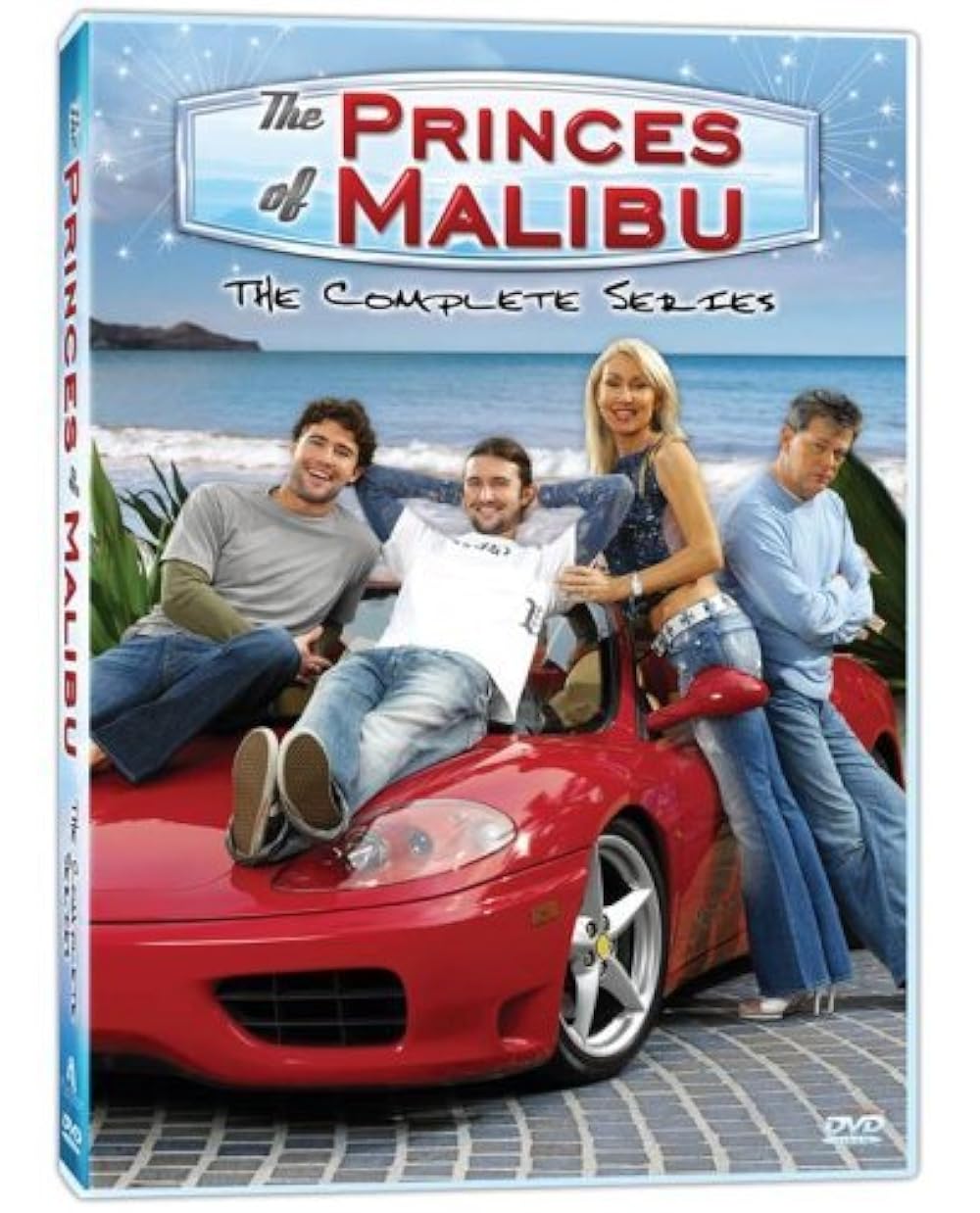
Reality TV’s Impact on Celebrities and Audiences
The Double-Edged Sword of Reality TV
Reality TV can be both entertaining and damaging, as seen in the stories of Khloe Kardashian, Scott Disick, and Susan Olsen. On one hand, reality TV provides a platform for celebrities to share their lives and connect with their audience on a deeper level. On the other hand, the pressure to perform and the scrutiny of reality TV can take a significant toll on celebrities, leading to anxiety, depression, and other mental health issues.
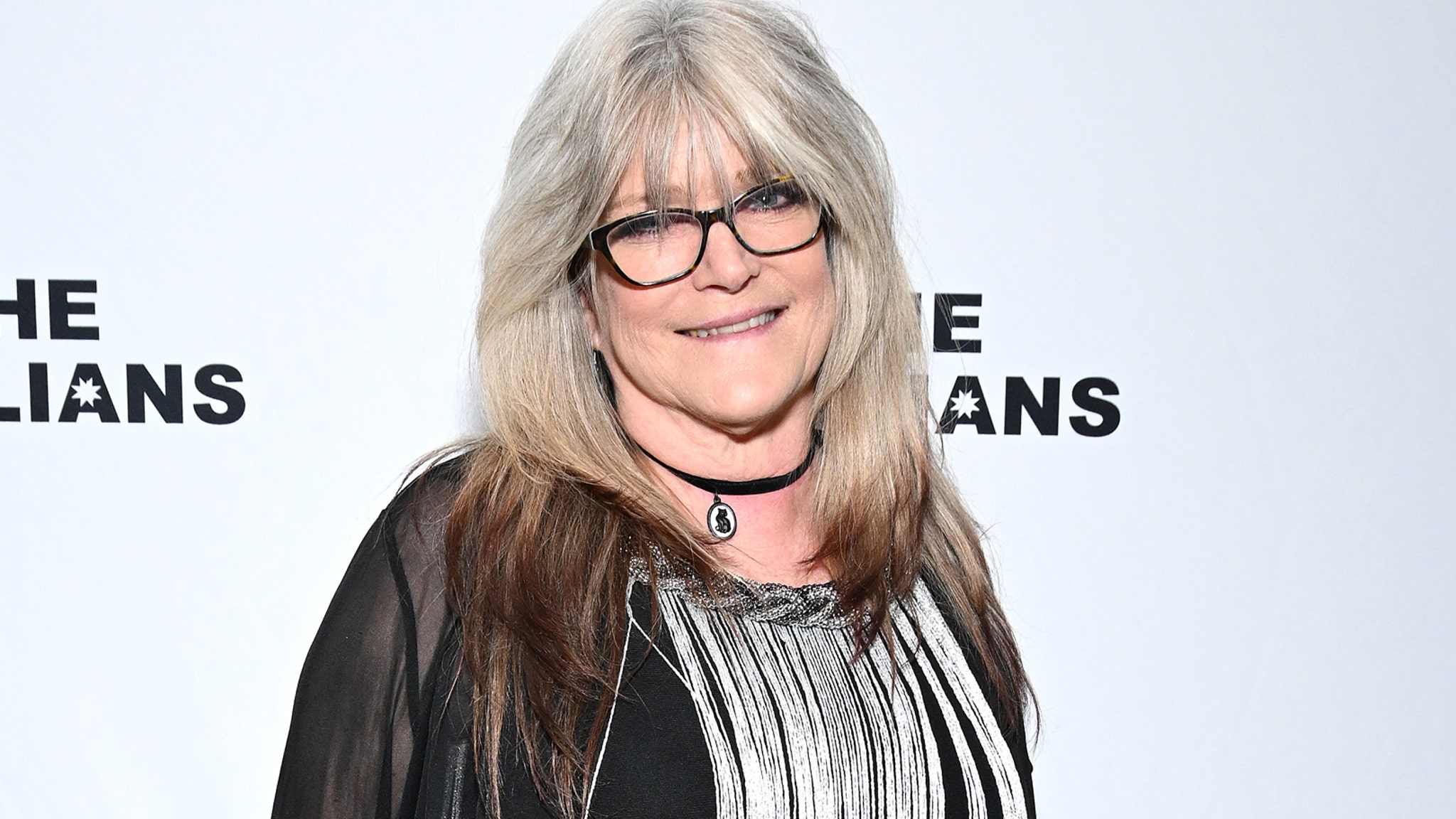
The Psychological Toll
The psychological toll of reality TV is a pressing concern that cannot be ignored. Celebrities like Khloe Kardashian and Scott Disick have spoken publicly about the negative impact of reality TV on their mental health. The constant scrutiny and pressure to perform can lead to feelings of anxiety, depression, and low self-esteem. Moreover, the lack of privacy and the constant intrusion into their personal lives can be overwhelming and stressful.
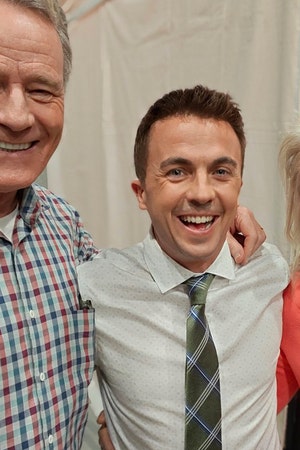
The Impact on Audiences
Reality TV can also have a profound impact on audiences, influencing their perceptions of celebrities, relationships, and personal struggles. The editing and production of reality TV shows can create a distorted view of reality, leading audiences to form unrealistic expectations and assumptions about celebrities and their lives. Moreover, the constant exposure to drama and conflict on reality TV can desensitize audiences to the real-life struggles and challenges faced by celebrities and ordinary people alike.
Lessons Learned from Reality TV
The Importance of Self-Awareness
The stories of Khloe Kardashian, Scott Disick, and Susan Olsen highlight the importance of self-awareness, self-reflection, and personal growth. By acknowledging their mistakes and weaknesses, these celebrities demonstrate the value of self-awareness in overcoming challenges and achieving personal growth.
The Power of Vulnerability
Reality TV can be a powerful tool for vulnerability and self-expression, allowing celebrities to connect with their audience on a deeper level. By sharing their personal struggles and challenges, celebrities like Khloe Kardashian and Scott Disick can create a sense of empathy and understanding with their audience, fostering a deeper connection and appreciation for their lives and experiences.
The Need for Balance
Reality TV can be both entertaining and damaging, emphasizing the need for balance and responsible portrayal of celebrities and their personal struggles. By presenting a balanced view of reality TV, producers and celebrities can promote a healthier and more realistic understanding of the entertainment industry and its impact on those involved.
Conclusion
Conclusion: Unpacking the Truth Behind Reality TV Regrets
The recent conversation between Khloe Kardashian and Scott Disick, where they reflected on their past reality TV show moments they regret, has shed light on the complexities of the industry and the lasting impact it can have on individuals. As the article from TooFab highlights, both Khloe and Scott have spoken candidly about the moments they wish they could erase from their reality TV past, from awkward interactions to personal betrayals. This candid conversation serves as a stark reminder of the unique challenges and vulnerabilities that come with living one’s life in the public eye. By sharing their regrets, Khloe and Scott are providing a rare glimpse into the human side of reality TV, a world often shrouded in controversy and scrutiny.
The significance of this conversation extends beyond the personal experiences of Khloe and Scott. It raises important questions about the ethics of reality TV, the impact on mental health, and the long-term consequences of participating in such a high-stakes industry. As reality TV continues to dominate our screens, it’s crucial that we, as a society, engage in a nuanced conversation about the implications of this genre. By listening to the regrets of Khloe and Scott, we’re reminded that the individuals behind the cameras are more than just their public personas – they’re complex human beings struggling to navigate the blurred lines between reality and manufactured drama.
As we move forward, it’s essential that we prioritize empathy and understanding in our discussions around reality TV. By acknowledging the vulnerabilities and regrets of those who participate in this industry, we can work towards creating a more compassionate and supportive environment for those who choose to share their lives with the world. Ultimately, the conversation between Khloe and Scott serves as a powerful reminder that reality TV is not just a form of entertainment – it’s a reflection of our collective humanity, with all its triumphs and tribulations.
